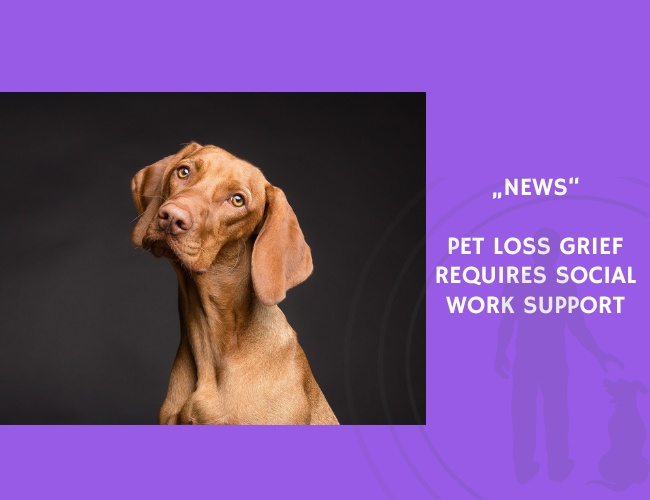K. Donohue (2005) highlights that more than 64 million U.S. households own companion animals, with many owners considering pets as integral family members. When a pet dies, the resulting grief may be as profound as the loss of a spouse or child, following stages of bereavement similar to the Kubler-Ross model.
Reactions to pet loss are highly individualized. Some show minimal outward grief, while others—particularly those with strong attachments—experience severe emotional and physical consequences. These may include disruptions to eating, sleeping, work performance, and social activities. Older adults and those living alone are especially vulnerable.
Donohue stresses that secondary losses, such as the disruption of daily routines and the loss of companionship, intensify grief. Furthermore, pet loss can resurface memories of previous human losses, deepening emotional distress. The article calls attention to the importance of recognizing pets as significant attachment figures capable of shaping human well-being.
Social workers are increasingly being integrated into veterinary settings, pet loss hotlines, and counseling services to help individuals process grief. By acknowledging the human–animal bond and providing empathetic support, social workers can play a crucial role in promoting healing and preventing prolonged psychological harm.
Source: Donohue, K. (2005). Pet loss: implications for social work practice. Journal: Social Work, Volume 50(2), Pages 187–190. Publication Date: 2005-04-01. Authors: K. Donohue. References: 14. Citations: 46.










